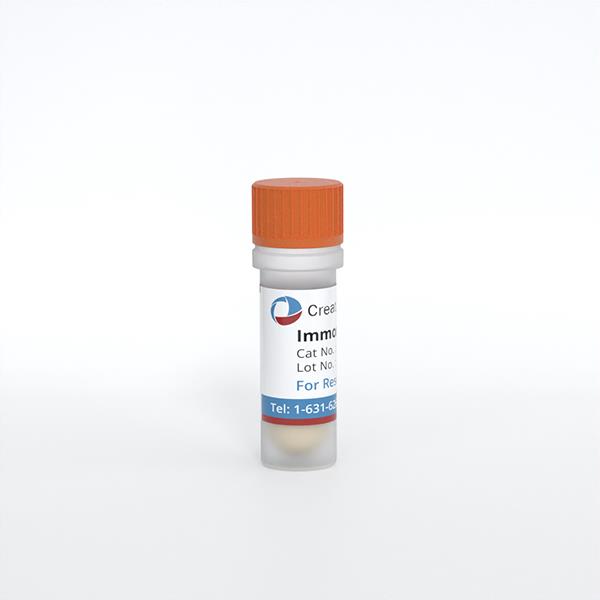Description
Immortalized Mouse Skeletal Muscle Myoblasts-SV40 were developed from mouse tissues transduced with a lentiviral expression vector containing the SV40T gene. The cell line was continuously cultured for more than 30 passages without showing signs of growth retardation or replicative senescence.
Recommended Medium
SuperCult® Immortalized Mouse Skeletal Muscel Myoblast Medium (Cat No.: CM-I2103Z)
Freezing Medium
Complete medium supplemented with 10% (v/v) DMSO
Culture Properties
Adherent
Immortalization Method
SV40 large T antigen
Growth Properties
Cells are cultured as a monolayer at 37°C in a humidified atmosphere with 5% CO2.
Quality Control
Real Time PCR was used to quantify SV40T gene expression in immortalized cell line.
Free from contaminations (bacteria incl. mycoplasma, fungi, HIV, HAV, HBV, HCV, Parvo-B19) and cross-contaminations.
Storage and Shipping
Directly and immediately transfer cells from dry ice to liquid nitrogen upon receiving and keep the cells in liquid nitrogen until cell culture needed for experiments.
Note: Never can cells be kept at -20°C.
Citation Guidance
If you use this products in your scientific publication, it should be cited in the publication as: Creative Bioarray cat no.
If your paper has been published, please click here to submit the PubMed ID of your paper to get a coupon.
What are Immortalized Mouse Skeletal Muscle Myoblasts-SV40?
Immortalized Mouse Skeletal Muscle Myoblasts-SV40 are genetically modified cell lines derived from mouse skeletal muscle. These myoblasts express the SV40 large T antigen, allowing them to proliferate in vitro. They serve as a valuable model for studying skeletal muscle biology, development, and repair.
Why are myoblasts important for research?
Myoblasts are crucial for understanding muscle development, regeneration, and repair mechanisms. They provide insights into muscle differentiation, satellite cell activation, and the response of muscle cells to various stimuli, making them important for research into muscle-related diseases and conditions, including muscular dystrophies.



